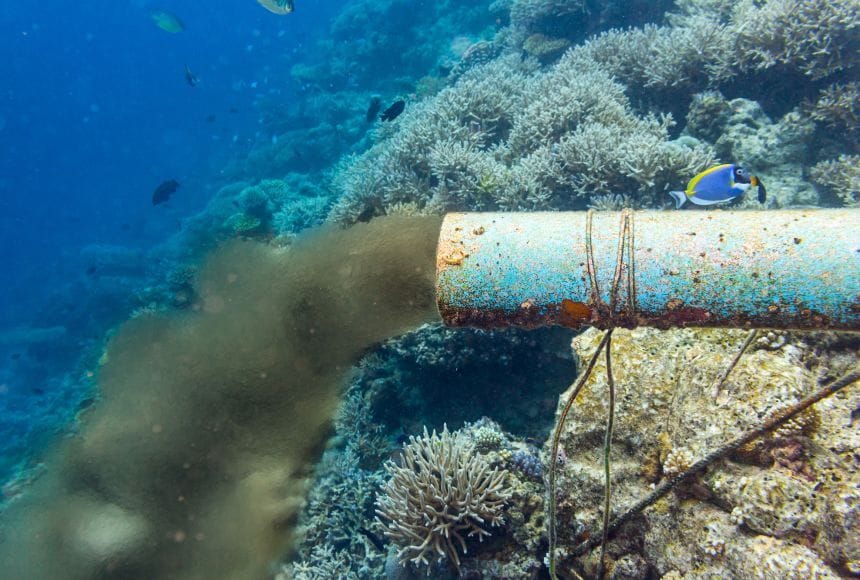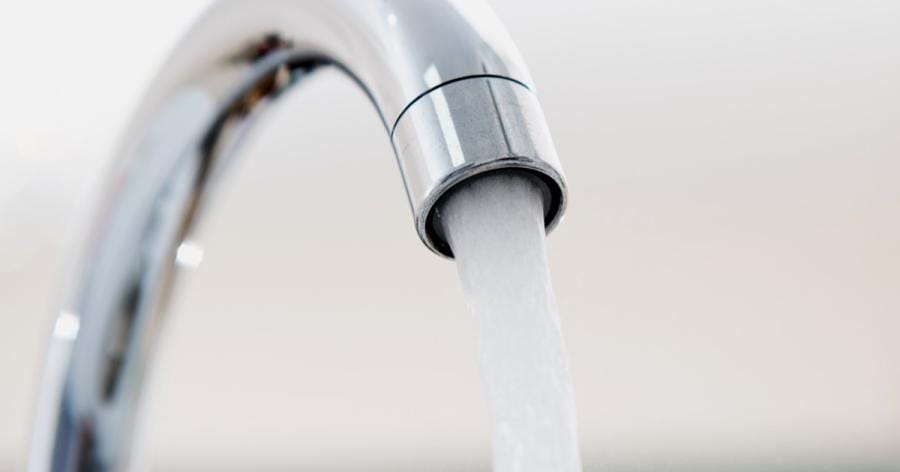- Lifeuntox
- Posts
- PFAS + Microplastics Create Reproductive Crisis: Latest Research
PFAS + Microplastics Create Reproductive Crisis: Latest Research

Good morning, health advocates. On this day dedicated to simplicity, we're bringing you essential insights that cut through the noise with clear, actionable health intelligence:
• Dangerous discovery: PFAS and microplastics together create devastating reproductive effects
• Alarming update: 45% of US tap water now contains "forever chemicals"
• Simple solutions: How to dramatically reduce your chemical exposure at home
Plus breaking food safety alerts, your daily detox hack, and curated swaps that make clean living effortless.
First time reading? Join 12,000 health conscious readers. Sign up here.
Don’t keep us to yourself: Share the email with your friends! (copy URL here).
🚨 BREAKING NEWS
PFAS + Microplastics = Reproductive Disaster

Groundbreaking research from the University of Birmingham reveals that PFAS "forever chemicals" and microplastics together create catastrophic reproductive effects far worse than either toxin alone. The study found these chemical combinations cause developmental failures, delayed sexual maturity, and stunted growth in aquatic life.
Most alarming: when exposed to both pollutants, test organisms aborted their eggs and produced significantly fewer offspring. The research showed 59% additive and 41% synergistic toxic interactions across critical fitness traits including survival, reproduction, and growth.
Why this matters for us: We're exposed to both PFAS and microplastics daily through food, water, and consumer products. This research suggests their combined effects on human reproductive health could be far more severe than previously understood.
Immediate protection strategies:
Filter all drinking water with activated carbon + reverse osmosis systems
Avoid non-stick cookware and water-resistant clothing treated with PFAS
Choose glass or stainless steel food containers over plastic
Support legislation requiring disclosure of PFAS in consumer products
Reduce synthetic clothing purchases (major microplastic source)
💧 WATER ALERT
Nearly Half of US Tap Water Contains PFAS

A comprehensive U.S. Geological Survey study found that at least 45% of the nation's tap water contains one or more types of PFAS chemicals. This marks the first nationwide comparison of PFAS contamination in both private wells and public water systems.
The study tested for 32 types of PFAS out of more than 12,000 known varieties, meaning actual contamination rates could be significantly higher. Research shows PFAS are found in the blood of 97% of Americans, with exposure linked to reproductive problems, developmental delays, cancer, and immune system dysfunction.
Geographic risk factors: Urban areas and regions near military bases, airports, and chemical manufacturing facilities show higher contamination rates. Private wells may be particularly vulnerable.
Test and protect your water supply:
Test your tap water for PFAS through certified labs (costs $150-300)
Install NSF-certified activated carbon filters for basic protection
Consider reverse osmosis systems for comprehensive PFAS removal
Contact local representatives about water system upgrades
Use filtered water for cooking, drinking, and infant formula preparation
🏠 SIMPLICITY FOCUS
The 5-Minute Daily Detox Routine

In honor of National Simplicity Day, here's a research-backed 5-minute routine that dramatically reduces your daily toxin exposure without overwhelming your schedule. Small, consistent actions compound into major health benefits.
This routine focuses on the highest-impact interventions based on exposure science: targeting the toxins you encounter most frequently in the highest concentrations throughout your day.
The science of simplicity: Studies show that focusing on 3-5 key behavioral changes is more effective than attempting comprehensive lifestyle overhauls. Consistency beats perfection.
Your daily 5-minute detox checklist:
Morning (2 minutes): Open windows for fresh air circulation, fill glass water bottle with filtered water
Meals (1 minute): Choose one organic item, avoid heating food in plastic containers
Evening (2 minutes): Remove shoes at door, wash hands thoroughly, switch to natural soap
Weekly upgrade: Replace one toxic product (cleaners, cosmetics, cookware)
Monthly check: Test one area of your home environment (air, water, dust)
🌍 GLOBAL HEALTH HEADLINE
EU Advances Universal PFAS Restriction
European regulators continue evaluating the most comprehensive PFAS ban ever proposed, targeting industrial discharges and developing new methods to eliminate contamination in affected areas. Read more →
PFAS Polymers Contribute to Climate Change
European Environment Agency assessment reveals that PFAS polymers not only contaminate water, air, and soil but also contribute to global warming and ozone depletion throughout their lifecycle. Read more →
Food Safety Recalls Target Listeria Contamination
Multiple food recalls this week include cheese curds, salads, and artisanal ham products contaminated with Listeria monocytogenes, emphasizing the need for vigilant food safety practices. Read more →
Research Funding Cuts Threaten PFAS Studies
Despite the MAHA agenda's focus on reducing toxins, federal research grants studying PFAS health effects are being cut, potentially slowing critical safety discoveries. Read more →
💡 HEALTH HACK OF THE DAY
Keep a bowl of baking soda in your refrigerator and replace it monthly. It absorbs volatile organic compounds (VOCs) from food packaging and plastic containers, reducing your family's chemical exposure by up to 30% according to indoor air quality studies.
🛍️ TODAY’S RECOMMENDED SWAPS
Water Filtration: Berkey Gravity Filter | Aquasana Under-Sink System
Non-Toxic Cookware: All-Clad Stainless Steel | Lodge Cast Iron
Chemical-Free Cleaning: Dr. Bronner's Castile Soap | White Vinegar Concentrate
All products are independently researched for safety and effectiveness. Purchases support our mission with a small commission.